Across Europe, efforts to expand democratic institutions and promote regional integration are gaining visible traction. Countries are increasingly working to strengthen governance, uphold the rule of law, and enhance citizen participation.
European Union enlargement remains a central part of these initiatives. Candidate countries are making progress in meeting EU membership standards, including democratic reforms, transparency, and economic development.
Political analysts note that the push for integration reflects broader public support for stronger, cooperative institutions. Citizens across the continent are seeking stability, economic opportunity, and greater influence in regional decision-making.
Reforms often focus on improving transparency, accountability, and the effectiveness of government. Many countries are adopting measures to combat corruption, enhance judicial independence, and strengthen legislative oversight.
In addition to institutional reforms, European nations are also investing in civic engagement programs. These initiatives aim to increase voter participation, strengthen civil society, and empower citizens to take an active role in shaping policy.
EU institutions play a key role in supporting democratic expansion. Through monitoring, technical assistance, and funding, the EU encourages reforms that align with shared values and standards of good governance.
Observers highlight that successful integration and democratic expansion can drive economic growth, regional stability, and social cohesion. Countries that adopt reforms often see improvements in investor confidence, public trust, and institutional effectiveness.
Public support for EU enlargement is particularly strong in countries that benefit from economic, educational, and cultural exchanges. Citizens recognize that integration brings opportunities while fostering regional cooperation and security.
Political leaders emphasize that democratic development and integration are long-term projects. While progress varies by country, the overall trend shows momentum toward stronger institutions and more transparent governance.
Experts also note that civil society organizations, youth movements, and independent media are critical in sustaining democratic expansion. Their engagement ensures that reforms reflect the needs and aspirations of the population.
European integration efforts also involve harmonizing laws, regulations, and standards. These measures help ensure that candidate countries align with EU norms, facilitating smoother accession and stronger regional cooperation.
The process has faced challenges, including political resistance, economic disparities, and social concerns. Yet, continued commitment from both national governments and EU institutions has allowed progress to remain steady.
Recent developments demonstrate tangible results. Countries implementing reforms have strengthened judicial systems, enhanced electoral processes, and expanded opportunities for citizen participation.
These advances indicate that Europe is moving toward a more cohesive and democratic future. Integration and institutional development help ensure that countries can address regional challenges collectively and maintain shared standards of governance.
Observers predict that as more countries align with democratic norms and EU requirements, the benefits of integration—economic, political, and social—will become increasingly evident.
Overall, Europe’s focus on democratic expansion and integration signals a commitment to stability, transparency, and citizen empowerment. These efforts contribute to stronger institutions and a more unified regional community.


